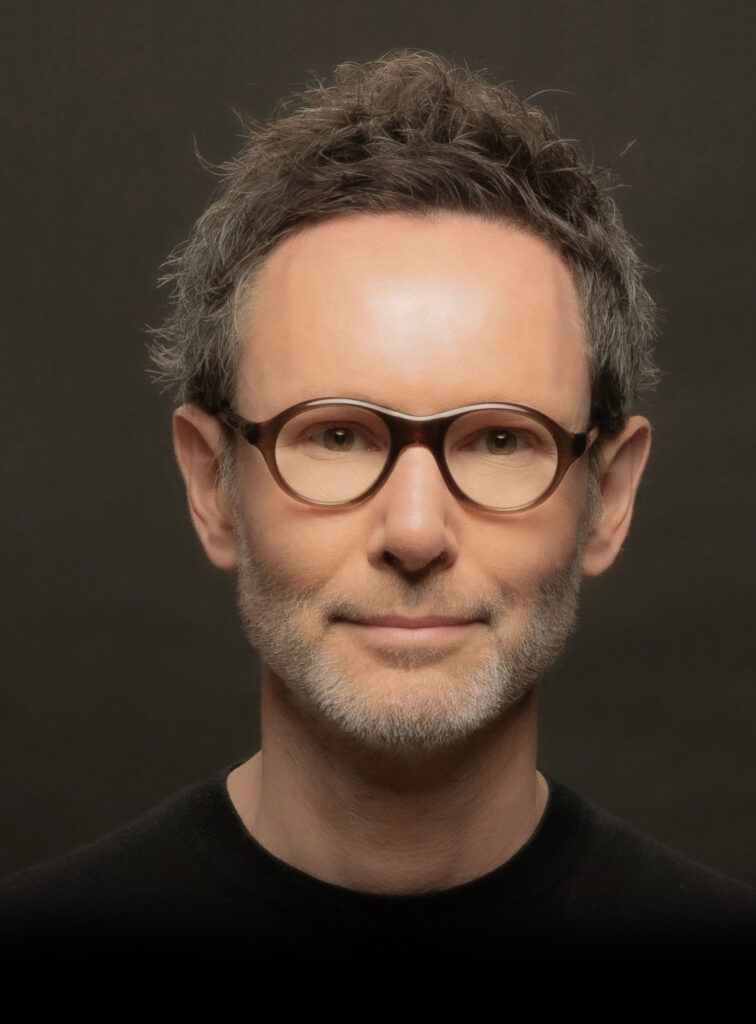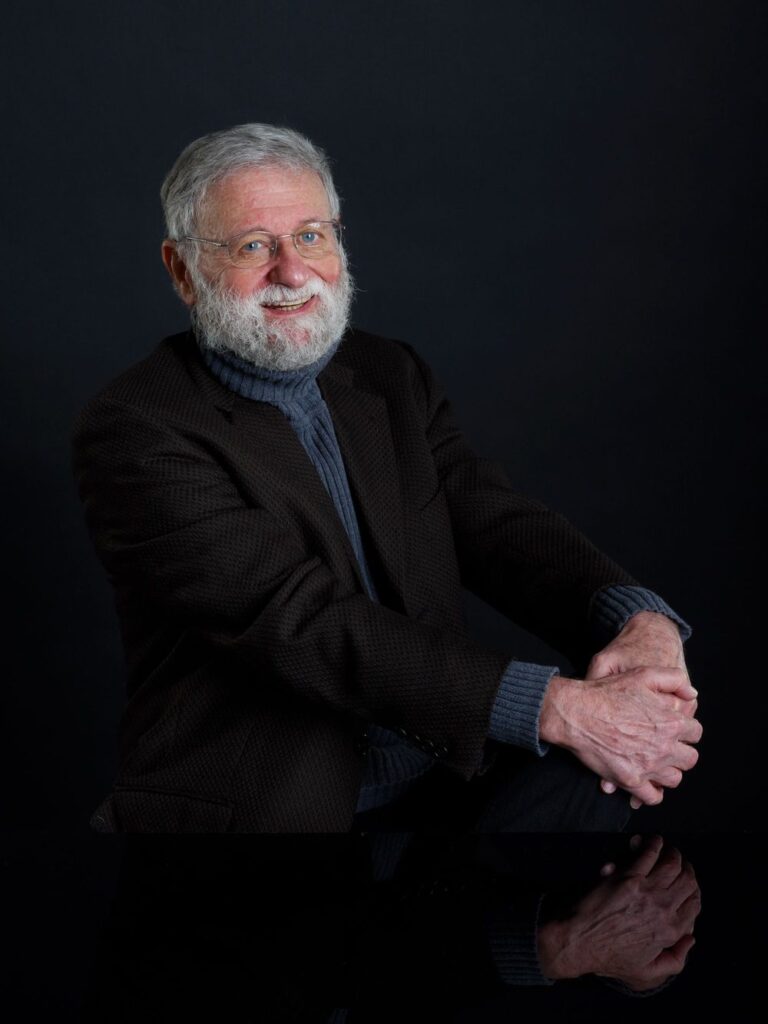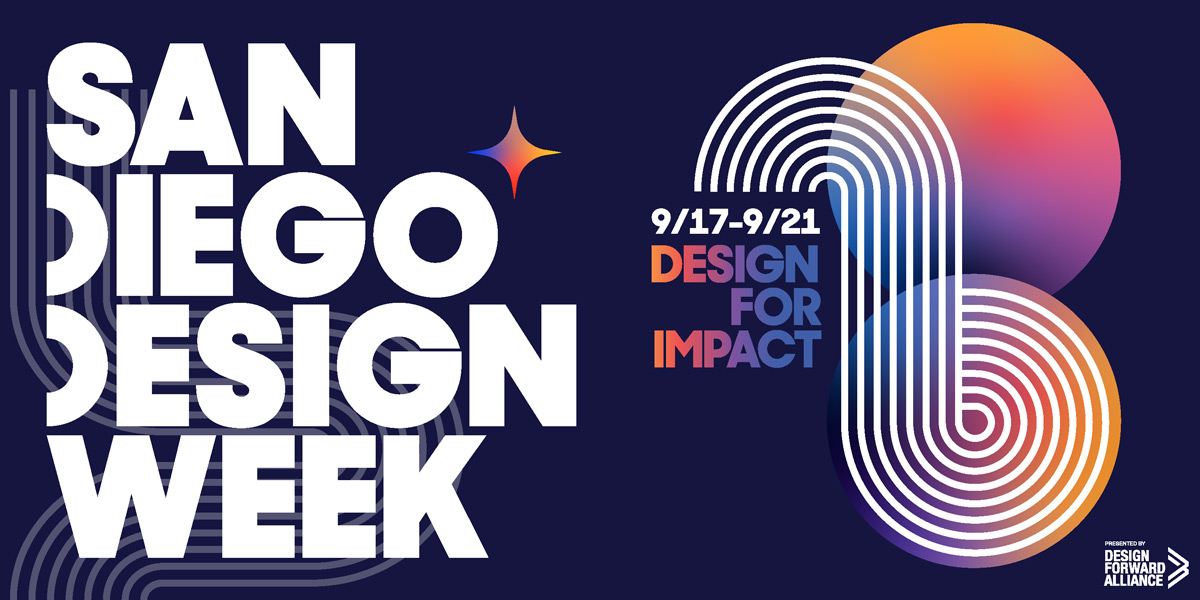Talk, Panel or Interview Beyond Solutions: Designing What Designs. MetaDesign and the Architecture of Possibility
Talk, Panel or Interview Beyond Solutions: Designing What Designs. MetaDesign and the Architecture of Possibility
Join us for a discussion about MetaDesign between Remy Bourganel and Don Norman.
We are entering a decisive decade in which the structures that once sustained innovation—linear planning, rigid governance, industrialised problem-solving—are increasingly inadequate for a volatile, uncertain, complex, and ambiguous world. Climate instability, AI proliferation, geopolitical fragmentation, and systemic inequality are not isolated challenges; they are deeply interconnected patterns of change.
MetaDesign is not simply “designing design”; it is the craft of designing the conditions for design to emerge, evolve, and regenerate across contexts and timeframes. It offers leaders, innovators, and policy-makers a systemic and reflexive approach—one that integrates living systems thinking, collective intelligence, and long-term ethics to steer transformation with resilience and purpose.
This talk will show why MetaDesign is not a theoretical luxury but a practical necessity for anyone shaping products, services, policies, or cultures in today’s reality—and tomorrow’s.
⸻
Structure & Flow (1 hour)
1. The World Has Changed — Our Design Approach Hasn’t (10 min)
• Opening hook: A brief, vivid story illustrating the collapse of a well-intentioned innovation because it ignored systemic conditions.
• The limits of conventional design thinking in a VUCA world.
• The need to design not just solutions but the conditions that allow adaptive, sustainable solutions to emerge.
⸻
2. What is MetaDesign? (10 min)
• Origin story: from Van Onck’s systematic parameters, Mendini’s cultural framing, to Fischer & Giaccardi’s co-evolving environments.
• Three foundational principles:
1. Evolving Reflective Frameworks (process)
2. Self-evolving Living Systems (structure)
3. Ethics of Life and Futures (purpose)
• How these principles differ from—and complement—design thinking, service design, or systems design.
⸻
3. Why MetaDesign Now? (15 min)
Three converging pressures making MetaDesign essential:
1. Complex interdependencies — Designing in nested, interacting systems.
2. Rapid technological agency — AI designing at scale and speed beyond human cycles.
3. Planetary urgency — The shift from sustainability to regeneration.
Here you connect with your “Sense | Compose | Orchestrate” triad:
• Sense: Detect emerging patterns and signals across systems.
• Compose: Align values, strategies, and structures.
• Orchestrate: Enable multiple actors to co-evolve towards shared futures.
⸻
4. MetaDesign in Practice (15 min)
Case studies showing the breadth and depth of MetaDesign:
• Nokia Animism: a generative metaphor framework leading to 120+ innovations.
• Donut Economics applied to city planning: a design frame shaping policy, infrastructure, and cultural narratives.
• Officina Alessi: MetaDesign as cultural invention through modular variation and storytelling.
For each, highlight:
• The frame that was designed.
• How it enabled continuous adaptation.
• The systemic impact over time.
⸻
5. From MetaDesign to MetaLeadership (7 min)
• Why organisations need leaders who design the conditions for creativity, governance, and adaptation.
• MetaDesign as a strategic compass for steering complexity without falling into control or chaos.
• The role of shared narratives and generative tools in sustaining transformation.
⸻
6. Call to Action & Reflection (3 min)
• Invite the audience to shift their focus: from asking “What should we design?” to “How do we design the conditions so that design thrives?”
• Suggest first steps: mapping their own system’s enabling and constraining conditions; experimenting with small, generative frames; embracing a regenerative ethic.
⸻
Learning Outcomes
Participants will leave with:
1. A clear, concise understanding of what MetaDesign is and how it differs from other design approaches.
2. A mental model (process–structure–purpose) for applying MetaDesign in their own contexts.
3. Inspiration from real-world cases across industries and scales.
4. Practical prompts to begin “designing the conditions” within their organisations or communities.
⸻
Audience Fit
Ideal for:
• Leaders and managers in innovation, transformation, or strategy.
• Designers and architects working in complex systems.
• Policy-makers and urban planners.
• Educators and researchers in design, foresight, and sustainability.
About the Host
Remy Bourganel, Don Norman
Remy Bourganel is a thoughtful servant leader working at the intersection of design, strategy, and foresight. Trained in product and interaction design, he integrates digital, social, and living systems thinking with business and financial intelligence to activate purposeful transformation. Over three decades, he has advised leaders across telecommunications, fintech, healthcare, media, and academia—bridging cultures and disciplines to align vision, governance, and execution. His approach draws on Living Systems Theory, Autopoiesis, Phenomenology, developmental models, and symbolic transformation, enabling organisations to translate desirable futures into systemic, values-driven change and create meaningful, lasting value for people, communities, and the planet.
Don Norman was the Founding Director of the Design Lab and founding chair of the department of Cognitive Science at the University of California, San Diego, cofounder of the Nielsen Norman Group, a member of the National Academy of Engineering, fellow of the American Association of Arts and Science, and former Vice President of Apple. He has three honorary degrees (Padua, Delft, and San Marino), and has served on numerous company and educational boards. He has published 21 books translated into 20 languages including Emotional Design and Design of Everyday Things. His latest book is “Design for a Better World: Meaningful, Sustainable, Humanity Centered.” The book compelled him to move from writing to actually doing something. His charity, The Don Norman Design Award, https://dnda.design, rewards early career practitioners who practice what he preaches.


